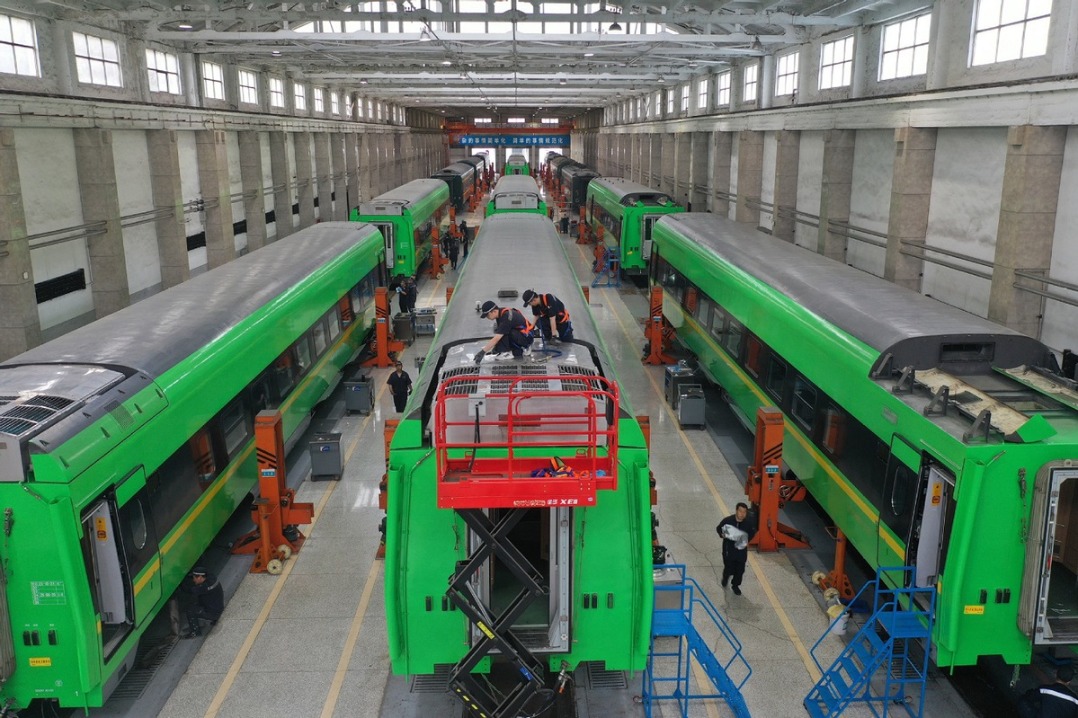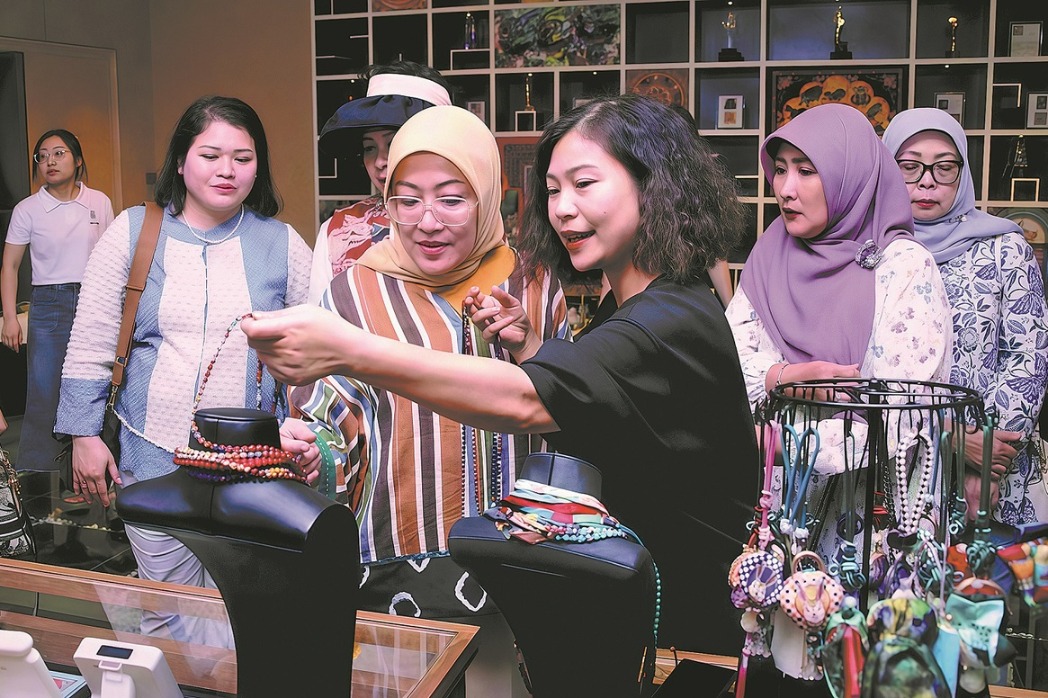More cities optimize COVID control measures






Measures: Residents prepared for changes
More Chinese cities have adjusted their COVID-19 measures to facilitate people resuming work and social activities, as members of the public are being asked to take greater responsibility to protect their own health.
The changes being implemented loosen some policies adopted nationwide over the past three years to contain the virus. They cover nucleic acid testing, travel, buying medication and the treatment of COVID patients.
In Beijing, a negative test result within 48 hours of travel is no longer required to take public transportation, including buses and subway trains. That change was introduced on Monday, however, in the morning passenger numbers remained low as people continued to work from home.
A passenger surnamed Liu said the change made her life more convenient as she sometimes forgets to get tested. "However, I still try to take the tests regularly as it's still a requirement for entering my office building," she said.
From Friday to Sunday, about 20 cities announced similar new travel measures, including Tianjin, Chongqing, Shanghai, Guangzhou in Guangdong province and Wuhan, Hubei province.
On Monday, the Shanghai municipal government announced that starting Tuesday residents would no longer need to present negative nucleic acid test results to enter most public areas, including shopping malls, supermarkets, office buildings and residential compounds.
However, a negative test result is still required to enter some designated public areas, such as restaurants, bars, nursing homes, welfare facilities, hospitals and medical centers, and schools. The test requirement still applies to indoor recreational places that are usually crowded, such as KTVs, chess and card-playing rooms, role-playing game rooms and internet cafes.
Urumqi, capital of the Xinjiang Uygur autonomous region, will no longer require a negative nucleic acid test result for travel on public transportation or to enter public places, the local government said on Monday. The city decided to further relax epidemic control measures to minimize the impact on people and boost economic activity.
Urumqi officials also announced that the city will end mass nucleic acid testing. Only people with high-risk jobs and work places — such as express courier services, hotels, transportation, construction sites and supermarkets — are still required to get tested regularly, they said. In addition, residents are no longer required to register their personal information to purchase medicine for fever, coughs, sore throats or infections, they added.
Since Monday, Hangzhou, Zhe-jiang province, has no longer required negative test results for inbound travelers. Passengers traveling to and from Hangzhou East Railway Station no longer have to provide a negative nucleic acid test result or have a venue code scanned, local media reported.
Inbound passengers are also now exempted from compulsory nucleic acid testing upon arrival, and need only to have their health code checked. However, air passengers departing from Hangzhou must still show proof of a negative test result taken within 48 hours.
In some areas, people have been asked to test and treat themselves if they show flu-like symptoms.
The government of Baiyun district in Guangzhou is advising residents who have a fever to stay at home, rest, drink water and avoid going to the hospital, in an effort to reduce the potential risk of getting or spreading the virus.
The district government issued a notice on Sunday night encouraging residents to check themselves with rapid antigen test kits. If they had symptoms, including a high body temperature, they were advised to use flu-relief medicine, including traditional Chinese medicine. If they needed to see a doctor, they could access online consultations for diagnosis and have their medication delivered by a courier, or, they could go to a nearby hospital.
Many residents have been preparing themselves for the changes.
Liu Jianxiao, 35, who works in the communications industry in Beijing, said he would go out less to reduce the chance of infection. "I have also prepared some medicines at home for emergency use," he said.
Song Lizhen, 44, who works at a beauty salon in Beijing, said she is not worried. "I treat it (COVID-19) as a cold," she said, adding that she recently recovered from the virus and was discharged from a makeshift hospital.
The current Omicron variant, though highly transmissible, is significantly less virulent than previous COVID strains, experts said. More than 90 percent of people infected since the outbreak in Guangzhou have no symptoms. Most of those who do have symptoms improve within 24 to 36 hours, they said.

































